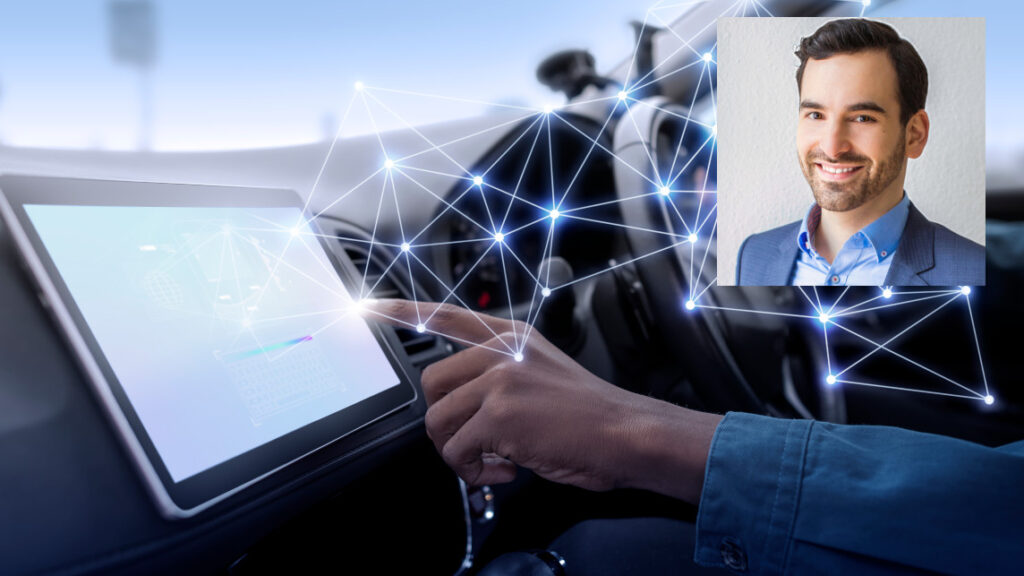The procedure initiated at the EU level for sector-specific regulation of the use of vehicle data is in danger of failing. Associations such as the German Automobile Club (ADAC), the German Federal Association of Manufacturers and Importers of Automobile Service Equipment (ASA) and the German Association of Motor Trades (ZDK), among others, therefore addressed the German federal government in an open letter at the beginning of the year. Their main concern: Support for the continuation of the procedure. Juan Hahn, who acts as a partner and business development consultant on behalf of the Car Repair 4.0 consortium, assesses the importance for the funding project.

By Ralf Schädel, IT Editor and Project Manager Cloud Services and Gaia-X at eco – Association of the Internet Industry
Car Repair 4.0: Juan, why is it necessary to regulate the use of vehicle data?
Juan Hahn: Access to vehicle data should not only be reserved for car manufacturers. After all, it is the basis for developing new digital business models. To enable fair competition between vehicle manufacturers, the Independent Aftermarket (IAM) and other service providers, we need regulation of the use of vehicle data. It points the way to digitalisation – and the economic success of the automotive trade in a sustainable future.
Car Repair 4.0: Which areas of the motor vehicle industry are affected, and what would be the impact of a decision at the EU level?
Juan: Car dealers and car repair shops are at a competitive disadvantage because, as I said, they do not benefit from innovations in digital business models and must continue to pass on higher costs to customers. For new mobility concepts, access to real-time vehicle data is essential to create data-driven solutions for drivers that they are willing to adopt. By sharing mobility data, every individual can contribute to getting a sustainable individual offer to enable their mobility.
It can be seen that the digital transformation is having a far-reaching impact on the entire industry in terms of interaction with customers, products, services and the provision of services. Regardless of whether new and used car sales are handled online or parts and accessories are ordered via digital platforms. In all business areas of motor vehicle companies, the digital transformation has an impact on employment and working conditions. Structural changes for the motor vehicle industry also result from competitive pressure and concentration processes as well as technological trends: the end of combustion engines from 2035, electromobility and connected cars. The demands on companies are increasing, especially against the backdrop of demographic change, the need to secure skilled labour and the necessary adaptation of education and training.
Car Repair 4.0: To what extent does regulation influence Car Repair 4.0?
Juan: Our partners at Car Repair 4.0 are also subject to structural change and transformation pressures. With Gaia-X, we create the framework conditions for a sovereign and secure data exchange. Car Repair 4.0 shows all competitors digital business models and strategies that consider the “human success factor” to be the most important element of a sustainable corporate strategy, as defined in the (German-language) industry study by the Hans Böckler Foundation. It states: “The skill level, motivation and creativity of employees are decisive factors for customer loyalty, growth, quality and innovation in the automotive trade.” Car Repair 4.0 addresses the skills shortage in the automotive industry by promoting the skills development of employees through AI-supported error diagnosis. It aims to empower car repair shop staff to provide a better and more sustainable service for the customer using collected and structured data from a vehicle and the expertise of other colleagues.
